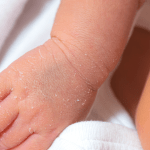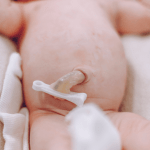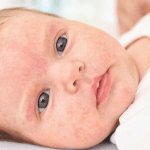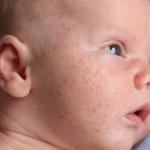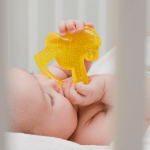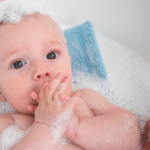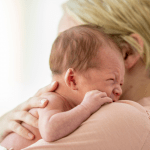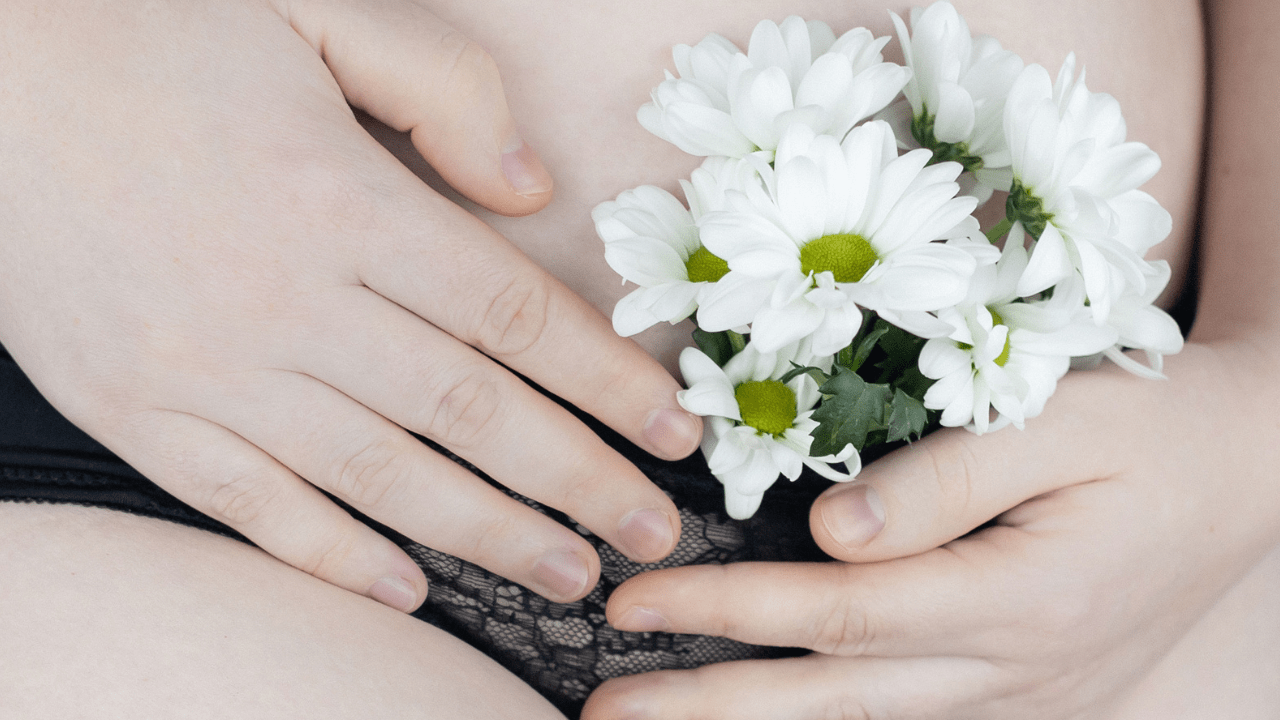If your newborn’s beautiful skin has started turning a bit yellow, it could be jaundice. But your baby is not alone: many infants experience this condition shortly after birth. In fact, 6 out of 10 newborn babies develop it and 8 in 10 babies born before 37 weeks develop it. The good news is that only 1 in 20 affected babies require treatment.
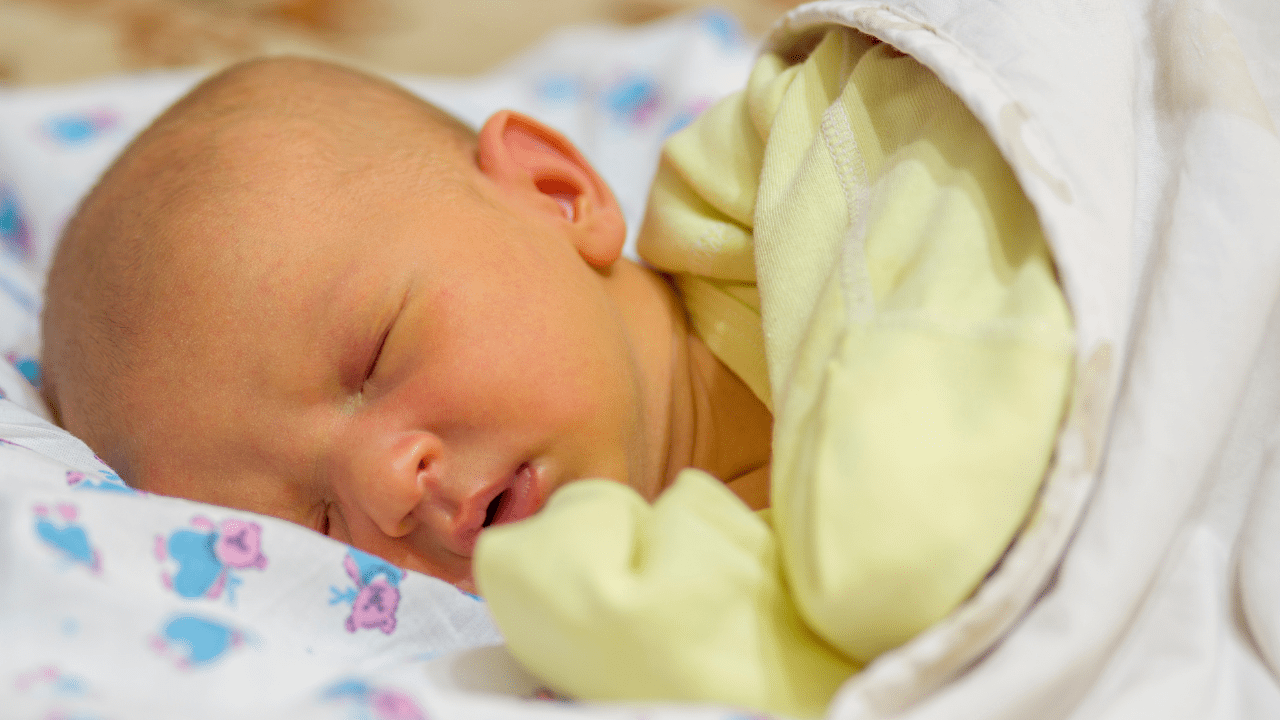
Let’s get to the basics on jaundice in newborn babies.
What is jaundice?
Your newborn baby will be examined for a common condition called jaundice after birth. Jaundice is characterized by yellowing of the skin and/or the whites of the eyes. While this can be alarming to many new parents, it is in fact very common.
More often than not, it is nothing to worry about. But newborn baby jaundice may require treatment, so, a little knowledge goes a long way.
Now what causes newborn baby jaundice?
A newborn’s liver is immature. This means it must work a lot harder to remove toxins and other substances from the blood. Red blood cells release a yellow substance called bilirubin when they break down. Newborn babies have a big volume of red blood cells, which means they also have a lot of Bilirubin. And sometimes, their developing livers can’t process that high amount as quickly as it should. The excess bilirubin then builds up in their body and causes baby’s tot turn yellow. And this is known as jaundice in newborns!
The symptoms of jaundice in newborns are not only their skin turning a bit yellow. Your baby’s urine, which is normally clear in color, may instead be darker and yellow. Your baby’s poo may also appear pale. Newborn baby jaundice normally appear within 2 to 3 days after birth, so if you notice these symptoms within the first 24 hours it’s essential to get medical advice.
The best news is that newborn baby jaundice tends to go away on its own in roughly two weeks. This is around the time it takes for a newborn’s liver to get better at eliminating substances like bilirubin. But if bilirubin levels remain too high, treatment can be recommended as elevated levels can lead to brain damage.
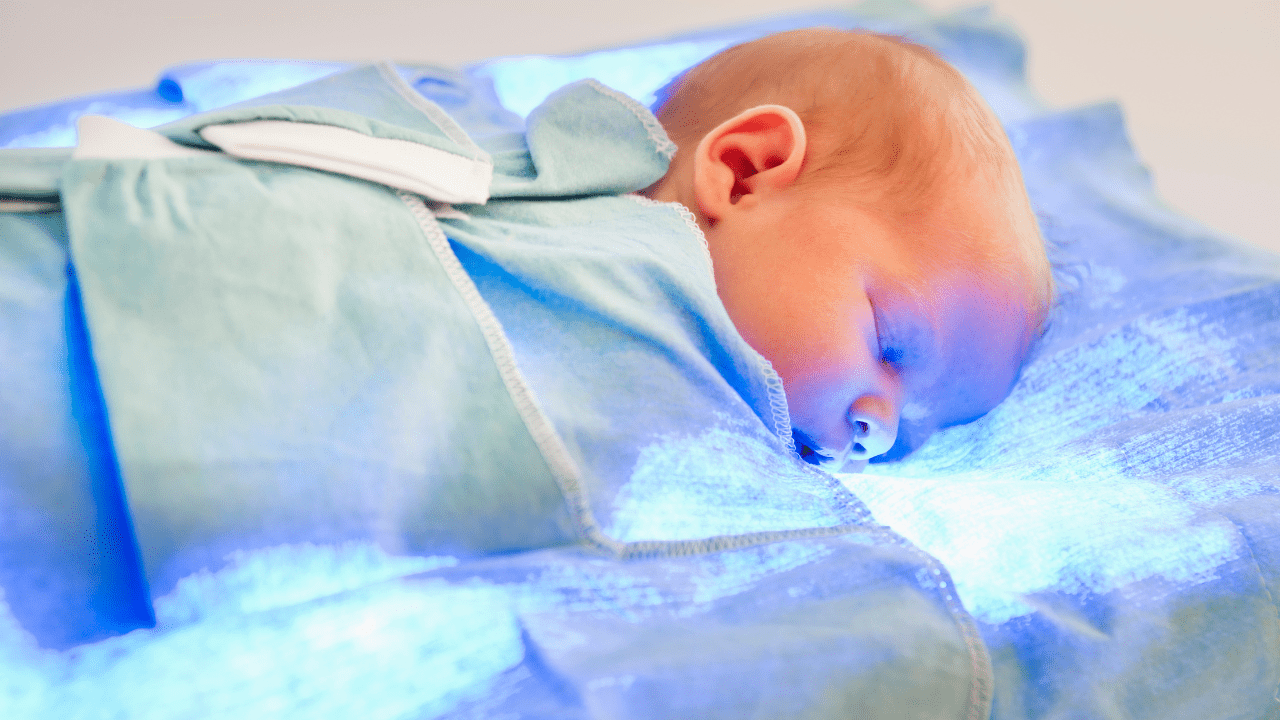
There are two ways that you can treat your baby, depending on how high the bilirubin levels are compared to your baby’s gestational age and weight:
The first option is phototherapy, or light therapy. This is where concentrated light shines on baby’s skin to turn bilirubin into something more easily processed by babies’ livers.
The second option is a blood ‘exchange transfusion’. This is a procedure where a tiny catheter is used to transfuse blood to your baby.
If you ever have any concerns over your baby’s behavior or health, it’s advisable to call your midwife or healthcare provider as soon as possible.

